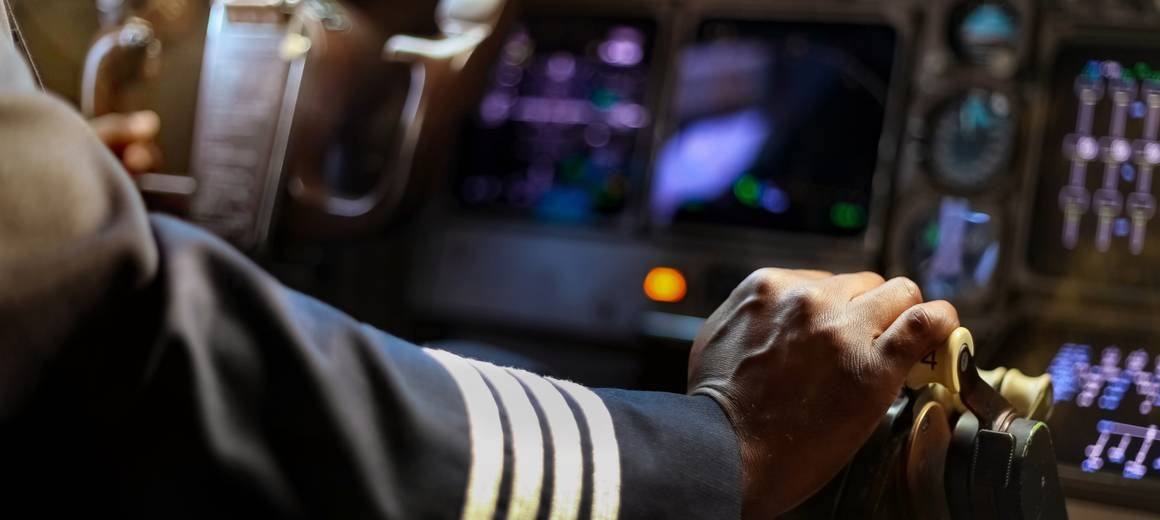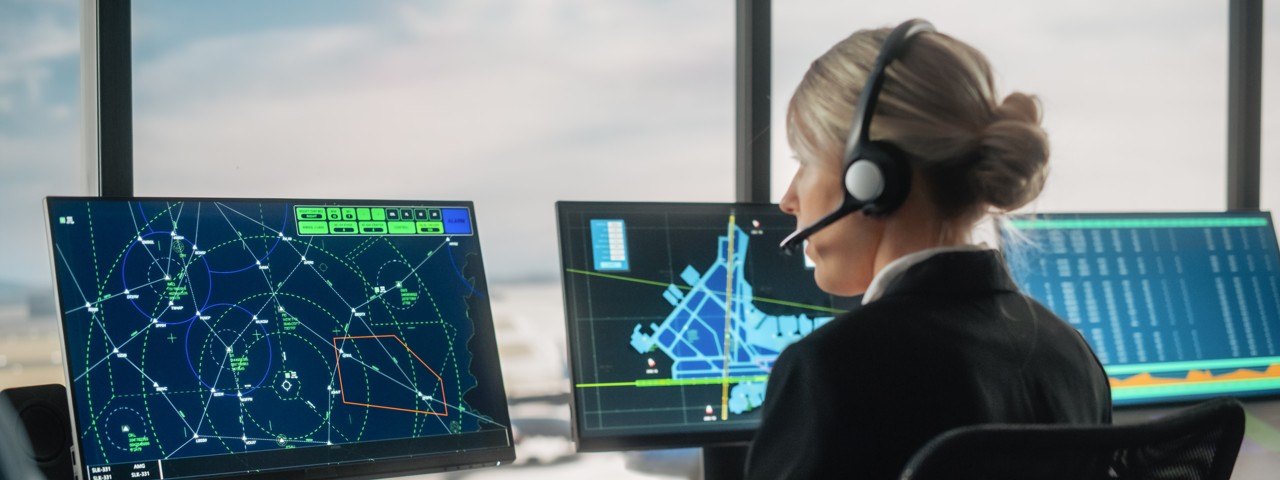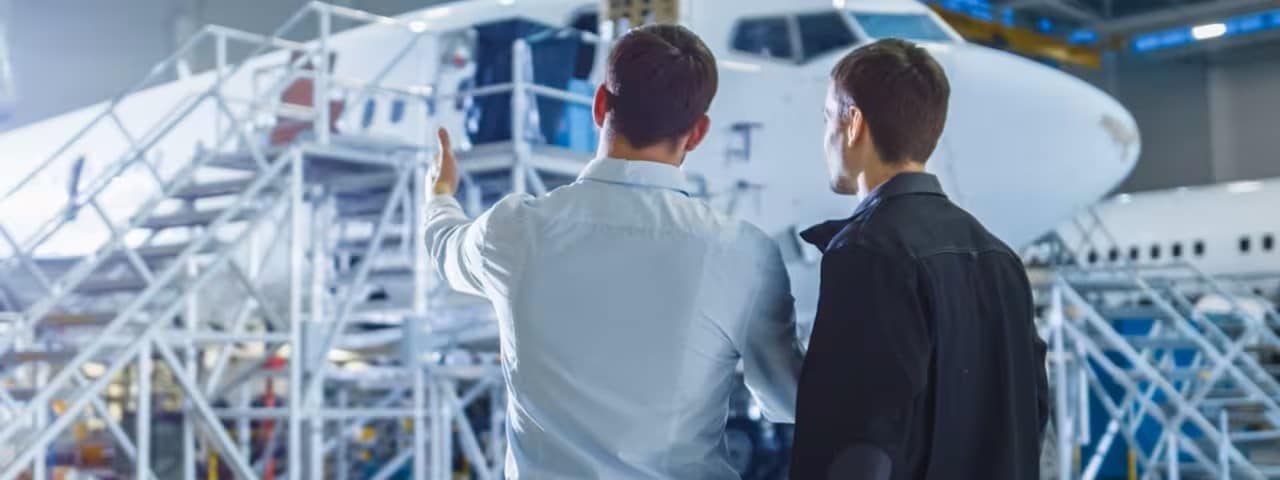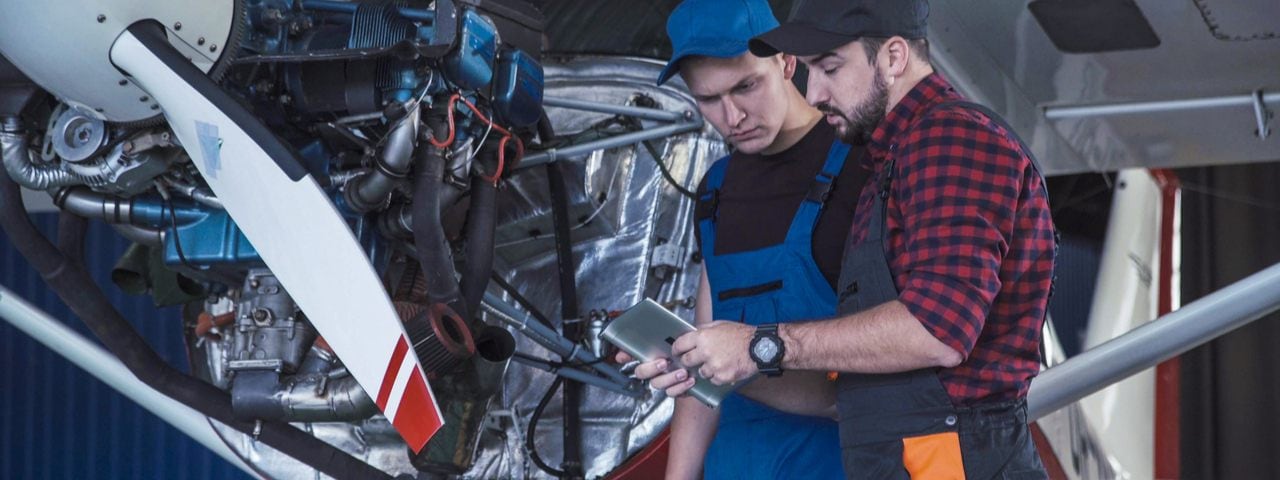Five of the Highest Paid Aviation Jobs
A career in the aviation industry provides interesting challenges and excitement while also offering a good salary. We take a look at a variety of potential career paths and some of the highest-paying aviation jobs.
A career in the aviation industry provides interesting challenges and excitement while also offering a competitive salary. We take a look at a variety of potential career paths and some of the highest-paying aviation jobs today, including being a pilot for a private jet charter.
1. Commercial airline pilot
Average annual salary: £81,666 (Glassdoor)
Commercial airline pilots are some of the highest-paid professionals in the aviation industry, earning an average salary of £81,666 per year, with some senior pilots employed in large corporations or major airlines earning as much as £122,00 annually. While this is far above the UK’s average annual salary of £33,000 (according to Statista.com), this aviation job comes with a number of extreme demands, from the expense and dedication required of the specialised training to the ability to stay calm under pressure and deal with emergencies. Pilots must always keep pace with evolving high-tech cockpit technology, possess exceptional communication skills and cope with the emotional challenges of being away from home for long periods of time.
According to the Prospects.co.uk article ‘How to become a pilot in the UK’, it can take several years and cost up to £94,250 to train for an Airline Transport Pilot Licence (ATPL). The process of becoming a first officer involves a medical, 750 hours of ground-school training, exams and a minimum of 195 hours of flight training. After that, first officers must complete a further 1,500 hours of flying before they can apply for a job in aviation.
Annual salaries for private, charter or corporate pilots who fly luxury private jets for individual clients or private jet charter companies can vary from £26,000 to as much as £85,000, according to Glassdoor.com.
As challenging as it may be to become a pilot, it’s number one on our list of high-paying aviation jobs.
2. Air traffic controller
Average annual salary: £59,515 (Glassdoor)
Competition is fierce for most highest-paid aviation jobs, but this is especially true for air traffic controllers, who earn an average salary of £59,515 a year. In this case, it pays to think long-term: traffic controllers with decades of experience can earn as much as £102,000 a year. Applicants are usually expected to have a degree and must pass a difficult selection process that includes completing a training programme of up to three years. Jobs are based in traffic control towers or centres, and NATS is the UK’s leading provider of air traffic control services and also one of the key organisations for training and recruiting new controllers.
This aviation job is a stressful one, with air traffic controllers having to demonstrate sharp concentration and attention to detail since it’s their responsibility to monitor traffic and keep the airways safe. Duties include tracking aircraft distances and directions, liaising with pilots and monitoring ground movements as well as take-offs and landings. Air traffic controllers also need to be able to use technical radar and radio communication equipment.
In order to pursue a career as an air traffic controller, you’ll need to complete an air traffic controller apprenticeship, which requires a minimum of four or five GCSEs in grades nine to four, including English and maths.
3. Airport manager
Average annual salary: £50,217 (Glassdoor)
As an airport manager, your job is to ensure that airport operations run smoothly and that airport rules and travel regulations are followed. The salary for this position can start from £29,000 and go as high as £87,000, depending on the size of the airport, your qualifications and your level of experience.
With regards to the nature of your day-to-day work, this may vary depending on the size of the airport you’re managing. For example, at a larger facility, your primary responsibility may be to ensure that operational activities, such as security, passenger, runway and cleaning services are functioning as they should. At a smaller facility, you may need to be more directly involved with the airport's finances, maintenance, communications and other services.
In addition to dealing with various elements directly under your control, you may also be involved in working with private vendors and external elements of government to ensure that the airport is running as it should. For example, you might work with the police services that are present at the airport and ready to respond if needed.
In order to work as an airport manager, an aviation or business management degree is recommended.
4. Aerospace engineer
Average annual salary: £40,577 (Glassdoor)
As we’ve seen with pilot salaries, large paycheques usually mean high job requirements. A career as an aerospace engineer is no different. This highly specialised job requires a Bachelor’s degree and often a Master’s in aerospace sciences, avionics or aeronautical engineering. Once qualified and with some experience under the belt, top aerospace engineers can earn more than £140,000 per year. The role involves working with other engineers to design, test, refine and maintain aircraft and avionics equipment. Would-be aerospace engineers are also expected to work within budgets and briefs, and keep up with new aviation technologies.
To become an aerospace engineer, applicants must be able to find innovative solutions to problems, have good maths skills, be proficient in management and communications, and be able to use computer-aided design (CAD) software. There are many paths to this career, including studying a relevant degree, such as electronic or mechanical engineering at university, or pursuing a relevant apprenticeship.
5. Avionics technician
Average annual salary: £35,057 (Glassdoor)
Avionics technicians play a vital role in ensuring that aircraft are properly maintained, by installing, testing and maintaining the different types of avionics equipment, such as communication, navigation, flight and radio systems. The salary for this role starts at approximately £28,000 and goes up to about £43,000.
If you’re interested in pursuing a career as an avionics technician, it’s important that you are technically minded, extremely digitally literate and enjoy hands-on work. There are many different tasks that you’ll be required to do each day including inspecting and testing systems, troubleshooting problems, repairing different components and installing new systems. This is a demanding job which requires continuous learning and training because technology constantly evolves.
In order to work as an avionics technician, you’ll need a degree in avionics or aviation technology.
6. Aircraft mechanic
Average annual salary: £33,693 (Payscale)
Aircraft mechanics (also known as airframe and powerplant mechanics) carry out repairs, inspections and maintenance on different types of aircraft. They must be able to diagnose and fix everything from electrical problems to mechanical failures across all parts of the plane, including the brakes, landing gear and engine. This requires exceptional troubleshooting skills, knowledge of the smallest details, good communication skills, reliability, hands-on competence and a willingness to keep learning and upskilling.
In the UK, eligibility for aviation mechanic jobs requires the completion of a degree, followed by an apprenticeship with an airline manufacturer, operator or engineering company. Mechanics can work across many types of aircraft or choose to specialise, and must stay constantly up to date with industry regulations and standards. An aircraft mechanic with over 20 years of experience could earn more than £56,000 annually.
Other top aviation jobs
If you’re considering other career paths, here are some more popular options in the aviation field and their average annual salaries:
-
Air marshal: £33,528 (Glassdoor)
-
Ground crew: £32,999 (Glassdoor)
-
Flight dispatcher: £31,884 (Payscale)
-
Flight instructor: £30,000 (Payscale)
-
Flight attendant: £28,732 (Glassdoor)
Aviation scholarships from Air Charter Service
At Air Charter Service (ACS) we are passionate about supporting the next generation of aviation leaders and scientists. We offer student grants and scholarships of up to £4,000 per student to kick-start your career. This may help to offset the cost of tuition fees and research so you can find employment in your chosen field. Learn more and about an ACS aviation grant or scholarship here.
Take your next trip by private plane with ACS
If you’re looking to book a private flight for your next business or leisure trip, let Air Charter Service (ACS), with our 30+ years of experience, organise your itinerary. We can offer you a broad range of charter aircraft to choose from, whether you’re looking for a private plane, helicopter or cargo aircraft. As well as keeping our customers updated with all the air travel news and industry developments, we’re also proud of our investment in the next generation of aviation specialists.
Contact us to plan your private flight and to find out how we can make private jet hire easier for you.
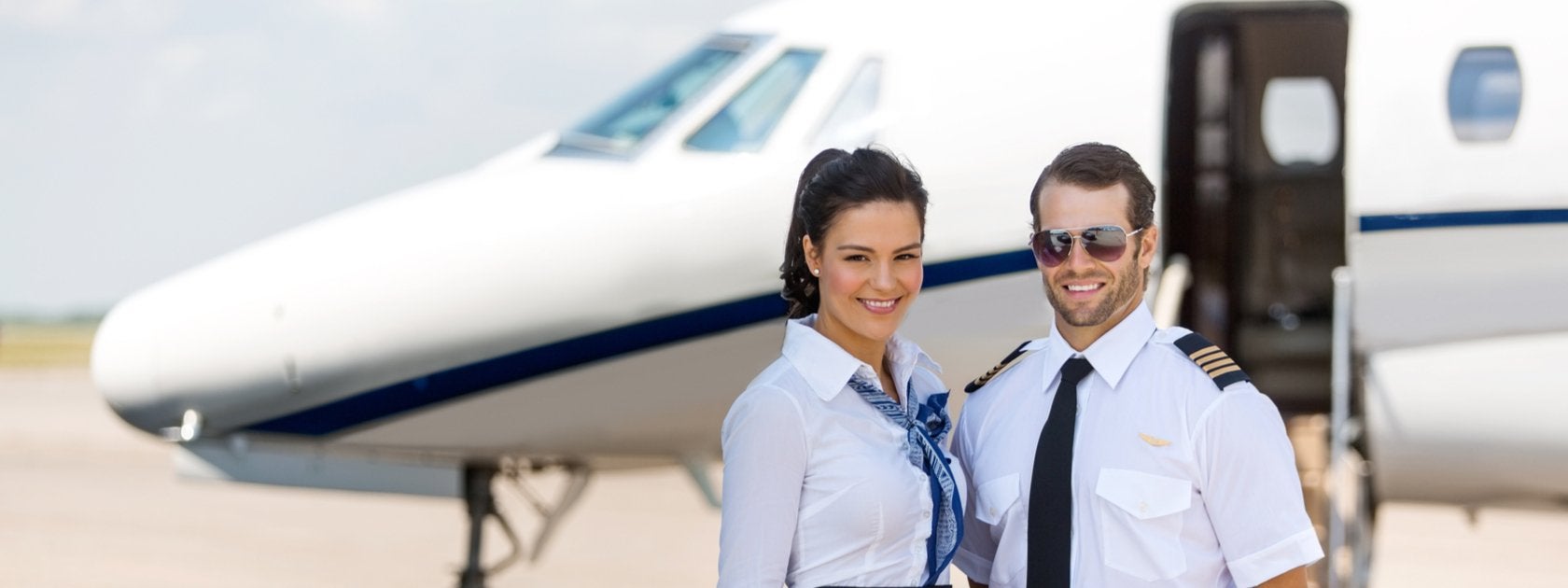
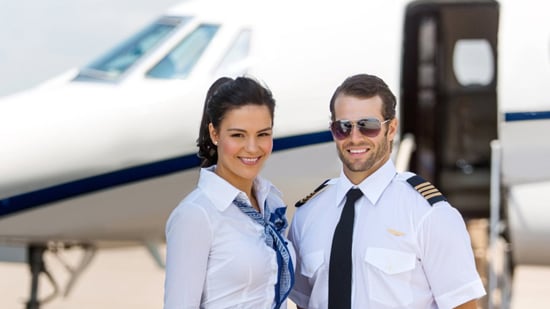 A career in the aviation industry provides interesting challenges and excitement while also offering a good salary. We take a look at a variety of potential career paths and some of the highest-paying aviation jobs.
A career in the aviation industry provides interesting challenges and excitement while also offering a good salary. We take a look at a variety of potential career paths and some of the highest-paying aviation jobs.


